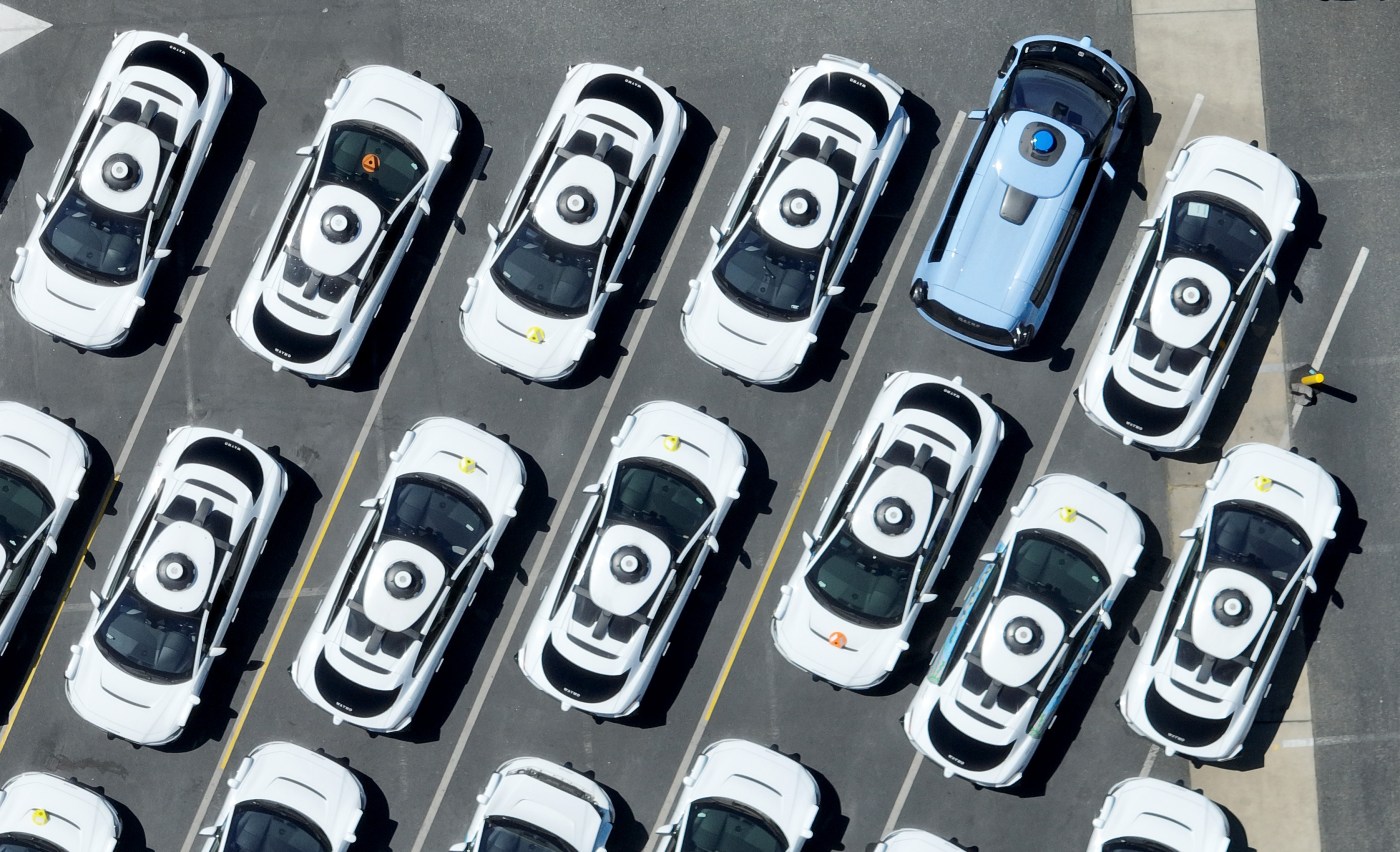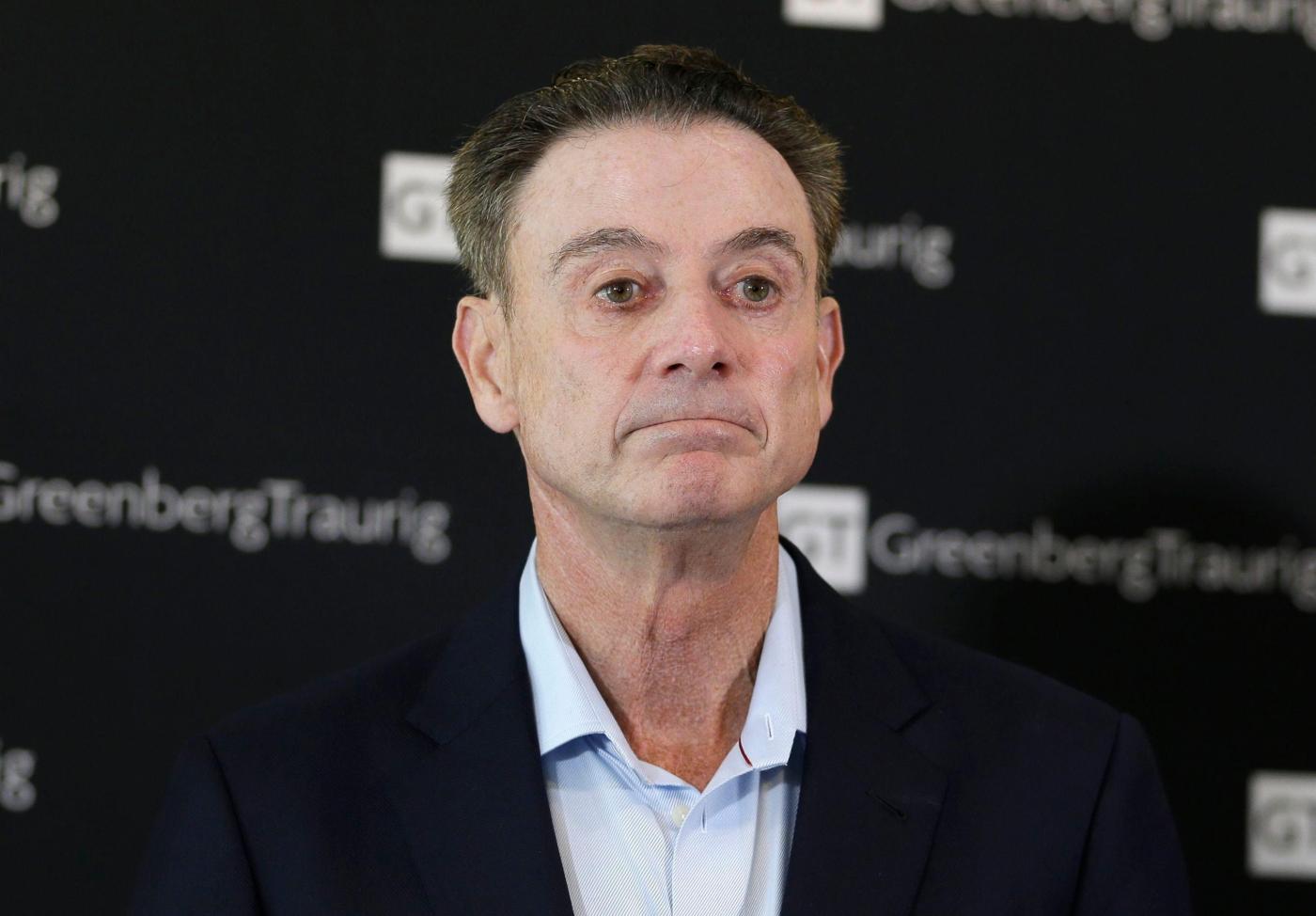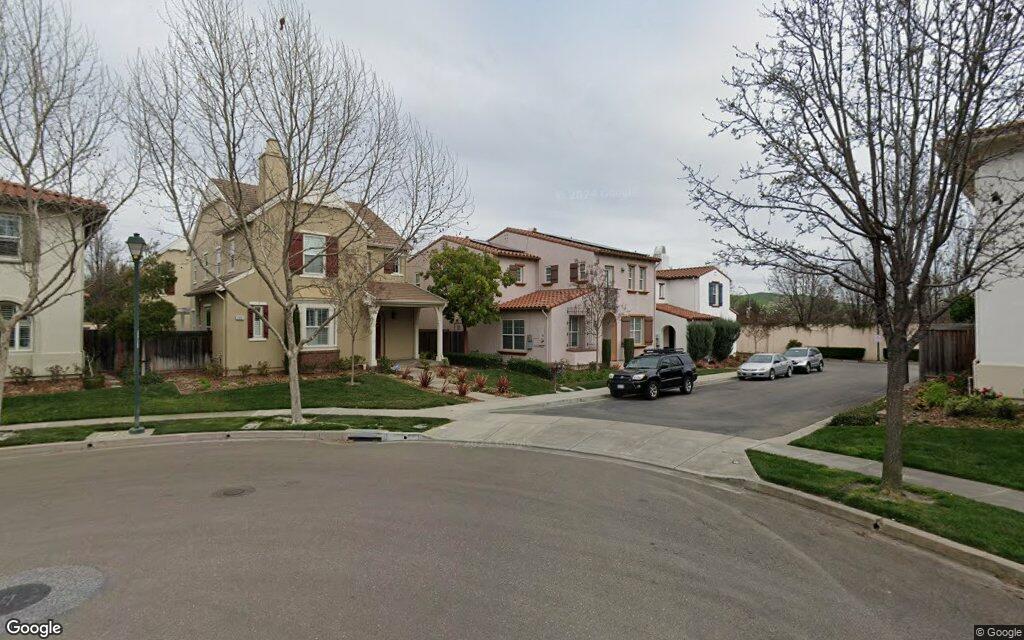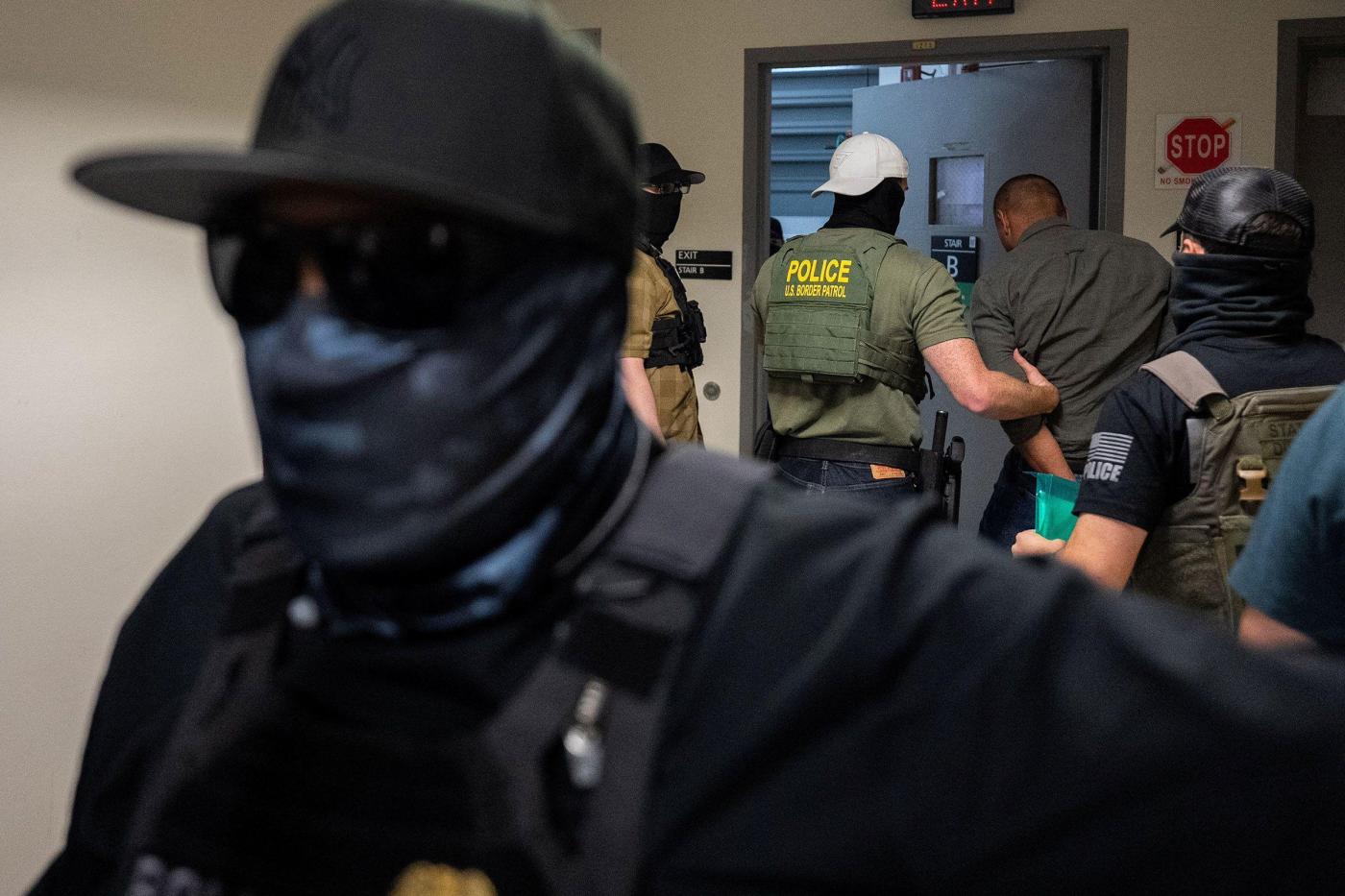(Bloomberg/Greg Ryan) — Boston city councilors are proposing an ordinance that would require Alphabet Inc.’s Waymo and other autonomous ride-share services to have a human operator present in the vehicle.
The legislation would mandate a study on the technology’s effects on the employment of current ride-share drivers and prohibit self-driving cars from operating in Boston until that’s been completed and other permitting requirements are established. Even then, the cars wouldn’t be allowed to operate unless a human safety operator is inside the vehicle and able to intervene, according to the proposed ordinance.
The restrictions are up for possible action at a meeting on Wednesday, though councilors said there are likely to be more hearings on the legislation before it comes to a full vote. Typically, proposals from city councilors that advance must pass through committee and then receive public hearings before the mayor signs off. The exact language of Boston’s restrictions on autonomous vehicles could change substantially before anything becomes law.
Related Articles
Nvidia just became the world’s first $5 trillion company.
Meta, Applied Materials reveal plans for Bay Area layoffs
Nvidia CEO prepares to unveil AI deals with Samsung, Hyundai
Amazon cuts 14,000 corporate jobs as spending on artificial intelligence accelerates
Nvidia to invest $1 billion in Nokia in AI networking push
Boston has been something of a hotbed for autonomous vehicle development. Hyundai Motor Co.-backed Motional is headquartered in the city and has been testing on public roads there since 2016. Boston is also among the cities where Waymo, which is widely considered to be the leader in the space, has been doing mapping and testing work as the company looks to expand service to new US cities.
Ethan Teicher, a spokesperson for Waymo, said in a post on X that the proposal would make Boston the “first major city in the world to ban fully autonomous vehicles based entirely on vibes,” adding that the company’s vehicles improve safety. A local Teamsters chapter and other labor unions have protested the rollout of autonomous ride-share services in Massachusetts.
Waymo currently offers paid rides fully autonomously in five cities: San Francisco, Los Angeles, Phoenix, Austin and Atlanta.
Autonomous driving in the US is governed by a patchwork of federal, state and local rules, complicating the industry’s efforts to expand. Some states, including Nevada and Texas, are considered more lenient, while California has strict oversight on driverless-car testing and operations.
That disconnect is evident in Tesla Inc.’s effort to start robotaxi operations in Austin and San Francisco. The Texas capital has allowed the company to put human safety operators in the passenger seat of the carmaker’s Model Ys, while the California tech hub requires those operators to be behind the wheel.
–With assistance from Richard Clough and Natalie Lung.
More stories like this are available on bloomberg.com
©2025 Bloomberg L.P.





